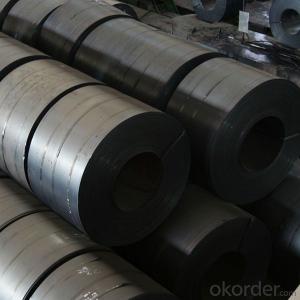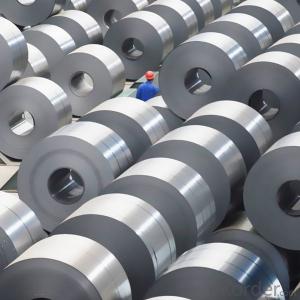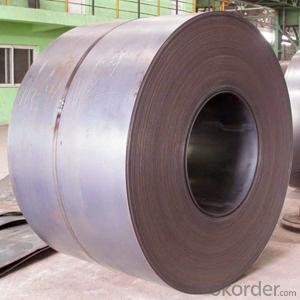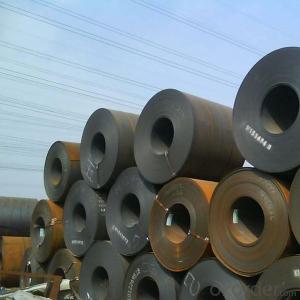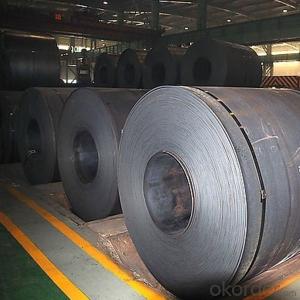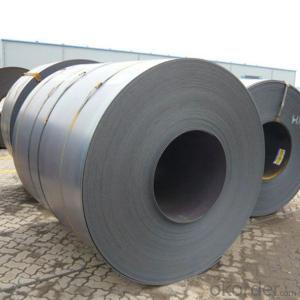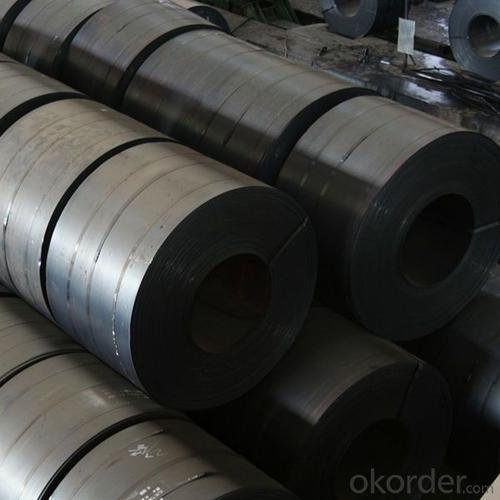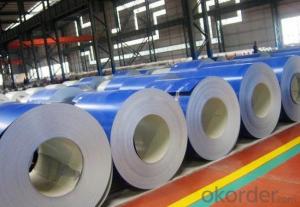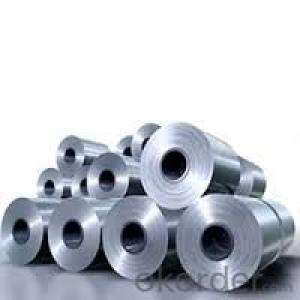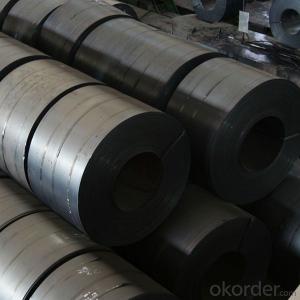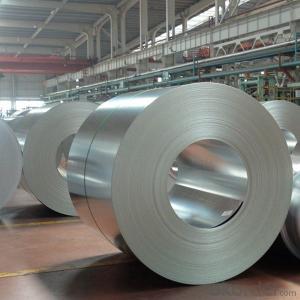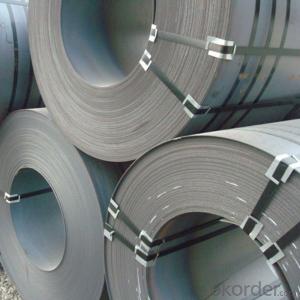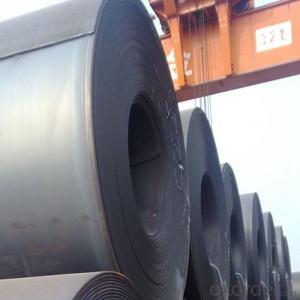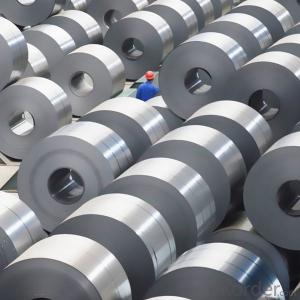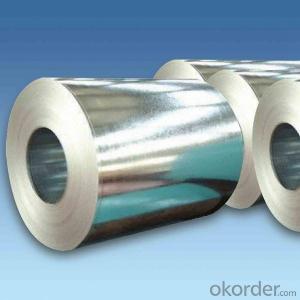Hot Rolls Steel Coils Steel Plates Steel Sheets Made In China
- Loading Port:
- Tianjin
- Payment Terms:
- TT OR LC
- Min Order Qty:
- 25 m.t.
- Supply Capability:
- 20000 m.t./month
OKorder Service Pledge
OKorder Financial Service
You Might Also Like
Specification
DESCRIPTION FOR SS400 CARBON STEEL SHEET
1.Thickness: 1-200mm
2.Width: 100-3000mm
3.Length: 1000-12000mm
4. Applications :mining machinery, environmental protection, engineering
5. Grade:SS400 A 36 Q195.Q235.Q345.SPCC.SPCH
6.Surface : Hot Rolled Cold Rolled Galvanized Steel
DESCRIPTION FOR CARBON STEEL PLATE
Product | carbon steel plate price per ton |
Place of origin | Tianjin,China mainland |
MOQ | 25 tons |
Thickness | 1mm-200mm |
Width | 1000mm-3000mm |
Length | 1000mm-2000mm |
Application | widely |
Standard | AISI,ASTM,BS,DIN,JIS,GB,etc |
Grade | A572,A573,A633,A678,A709,A710,G3101,G3136,etc |
Tpye | Steel plate |
Surfacing | Coated |
Productive Technology | Hot Rolled & Cold Rolled |
Price | FOB USD 500-900 per ton |
Port | TIANJIN,SHANGHAI |
Payment Terms | L/C,T/T,Western Union,MoneyGram |
Product Ability | 1000 tons per month |
Delivery | 10 days after deposit or according to customers' quantity |
Packing | standard seaworthy export packing or as the request of customers |
PACKING:
1.Big thickness:by bulk vessel
2.Small thickness:packed by steel strips and shipped by container
3.According to the requirements of customers'
TRADE TERMS :FOB, CFR, CIF
DETAILED PICTURES FOR STEEL COILS
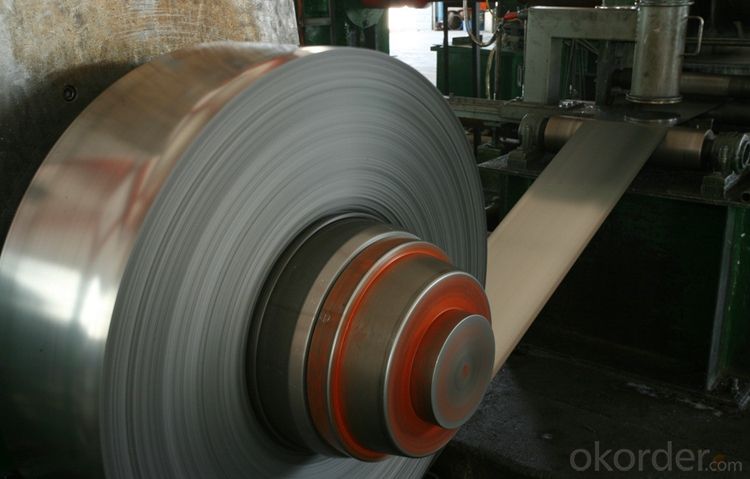
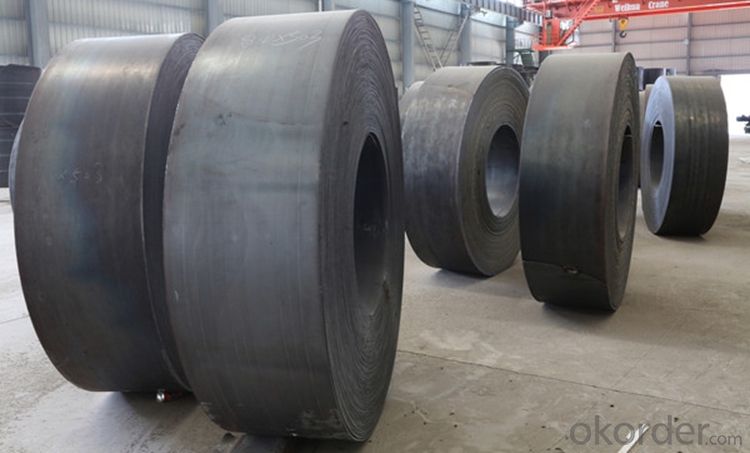
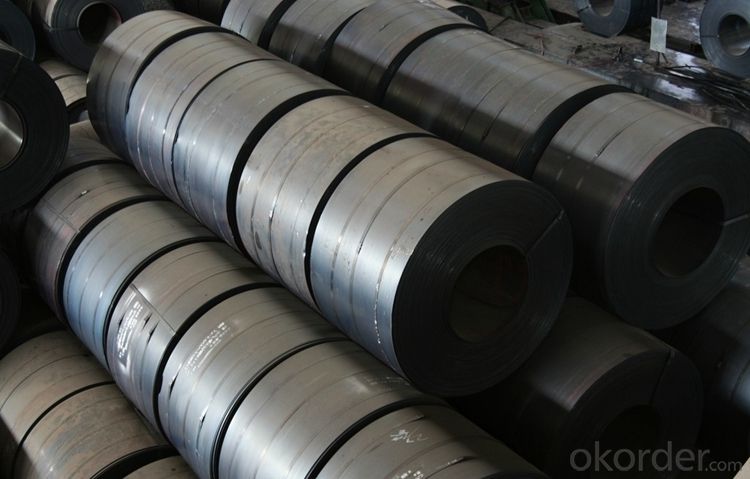
EXPORT MARKET FOR STEEL COILS/SHEETS
Our target market is the international market. Every year we export most of products to countries like India, Pakistan, South Korea, Brazil, Australia, South Africa, Spain, Sri Lanka, Taiwan, Hong Kong, etc.
FAQ:
Q: How can I get the samples?
A: If you need some samples to test ,please pay for the transportation freight of samples and our samples are free for you.
Q: How can I get your price list?
A: Please send us your email or fax and order information – Quantity, Specification (steel type, thickness, width, surface finish), then I can send you the price list.
- Q: What is the weight of a standard steel coil?
- The weight of a standard steel coil can vary depending on its size and thickness. However, a typical range for a standard steel coil is between 5,000 to 10,000 pounds (2,268 to 4,536 kilograms).
- Q: Ok I have a neodymium magnet, stuck to my fridge holding a old bottle cap opener for my beer it works fine. At the local rummage sale there was a beautiful cap opener my freind was selling for $0.25 she said had never beenUsed it was like 40 years old it is made a stainless steel. The magnet will not stick to it. I don't understand this looked this up and certain steels are not magnetic, I tried a experiment with my compass it don't point north as should it follows the bottle opener as I move it around it. If not magnetic why is this happening? Also tried placing near another neodymium magnet with a pull of about 200 lbs. Not I tiny bit of attraction to the metal. If so why is the tiny magnet in the compass attracted to it. But not a huge powerfull magnet.
- That's interesting that it caused deflection in the compass. A lot of stainless steels may be SLIGHTLY magnetic, because they have small amounts of ferrite or alpha-iron in them. Ferrite is one of the crystal phases of steel. It has a body-centered cubic (BCC) structure and it's responsible for the magnetism of ordinary steels. Adding certain elements like nickel, manganese, or molybdenum, changes the crystal structure of the steel to a face-centered cubic (FCC) structure, which is NOT magnetic. This crystal phase is known as Austenite or gamma-iron. However most iron alloys contain some impurities that may cause the steel to be not completely transformed into the FCC austenite phase, small areas remain as ferrite.
- Q: How are steel coils coated for specific applications?
- Steel coils can be coated for specific applications through various methods such as hot-dip galvanizing, electro-galvanizing, or applying organic coatings like paints or lacquers. These processes help enhance the steel's corrosion resistance, improve its appearance, and provide specific properties required for different applications.
- Q: Does anyone know the lyrics to steel driving man by Dailey and Vincent. I would really appreciate it
- watch man of steel full movie online free adf.ly/dfxYD
- Q: which pokemon has the most steel pokemon???
- Transformers.
- Q: What are the common methods of storing steel coils in warehouses?
- Warehouses employ various methods to store steel coils, taking into account factors such as coil size and weight, available space, and resources. Here are some commonly utilized techniques: 1. Block stacking: Coils are stacked directly on top of one another in a block formation. Typically, they are arranged in rows and columns, with wooden or rubber blocks inserted between layers to maintain stability and prevent damage. 2. Racking systems: Racks are frequently employed to store steel coils efficiently. These systems encompass different types of racks, such as cantilever racks, coil racks, and structural racks. They provide an organized framework for storing and accessing coils, maximizing space utilization. 3. Coil cradles: Designed specifically for steel coils, coil cradles consist of multiple cradles or saddles that securely hold the coils in place. By stacking these cradles, warehouses can optimize vertical space usage. 4. Coil pads: Coil pads are flat platforms made of materials like wood, rubber, or foam. They are placed on the warehouse floor, serving as a base for directly stacking steel coils. Coil pads distribute the weight evenly while protecting the coils from floor contact damage. 5. Slit coil storage: Specialized storage systems are employed for storing narrower and lighter slit coils. These systems often include racks or shelves equipped with dividers or separators to maintain coil organization and prevent unraveling. It is crucial to observe safety precautions when handling and storing steel coils in warehouses, regardless of the storage method. This entails ensuring proper weight distribution, utilizing appropriate lifting equipment, and adhering to industry-specific guidelines and regulations.
- Q: How do steel coils contribute to structural integrity in buildings?
- Steel coils contribute to structural integrity in buildings through their strength and durability. By using steel coils in the construction of beams, columns, and other load-bearing components, buildings can withstand heavy loads, resist deformation, and maintain their stability over time. The high tensile strength of steel coils allows for the creation of lightweight yet sturdy structures, ensuring the overall safety and longevity of the building. Additionally, steel coils offer excellent resistance to corrosion, fire, and extreme weather conditions, further enhancing the structural integrity of buildings.
- Q: How are steel coils different from steel sheets?
- Steel coils and steel sheets are different in terms of their shape and size. Steel coils are typically long and cylindrical, resembling a large spool, whereas steel sheets are flat and rectangular. Steel coils are often used in industrial applications such as manufacturing and construction, where they can be unrolled and cut into smaller pieces. On the other hand, steel sheets are commonly used in architectural and decorative purposes, such as roofing, cladding, or fabrication of appliances and furniture.
- Q: What are the common coil widths and thickness combinations available for steel coils?
- The steel coils available in the market come in various combinations of coil widths and thicknesses, depending on the specific requirements and industry standards. While there are some standard sizes commonly found, there is also the option for custom widths to cater to specific project needs. In terms of coil widths, the market offers a range of standard sizes, with the most common ones falling between 600mm and 2000mm. These widths find extensive use in industries like automotive, construction, and manufacturing. Nevertheless, it is possible to obtain custom widths tailored to the requirements of a particular project. Regarding thickness combinations, steel coils are typically available in a variety of thicknesses. The most widely used thicknesses for steel coils fall within the range of 0.4mm to 3mm. However, it is also possible to obtain thicker or thinner options depending on the specific application. It is important to bear in mind that these standard sizes and thickness combinations may vary depending on factors such as the specific steel grade, manufacturing process, and the capabilities of the supplier. To ensure the availability of the desired coil widths and thickness combinations, it is always advisable to discuss the required specifications with the supplier or manufacturer.
- Q: Are steel coils used in the oil and gas industry?
- Yes, steel coils are commonly used in the oil and gas industry for various applications. They are utilized in the manufacturing of pipelines, storage tanks, and other equipment due to their strength, durability, and resistance to corrosion. Steel coils are also employed in the construction of offshore platforms and drilling rigs, where they provide structural support and ensure the safety and reliability of the infrastructure.
Send your message to us
Hot Rolls Steel Coils Steel Plates Steel Sheets Made In China
- Loading Port:
- Tianjin
- Payment Terms:
- TT OR LC
- Min Order Qty:
- 25 m.t.
- Supply Capability:
- 20000 m.t./month
OKorder Service Pledge
OKorder Financial Service
Similar products
Hot products
Hot Searches
Related keywords
